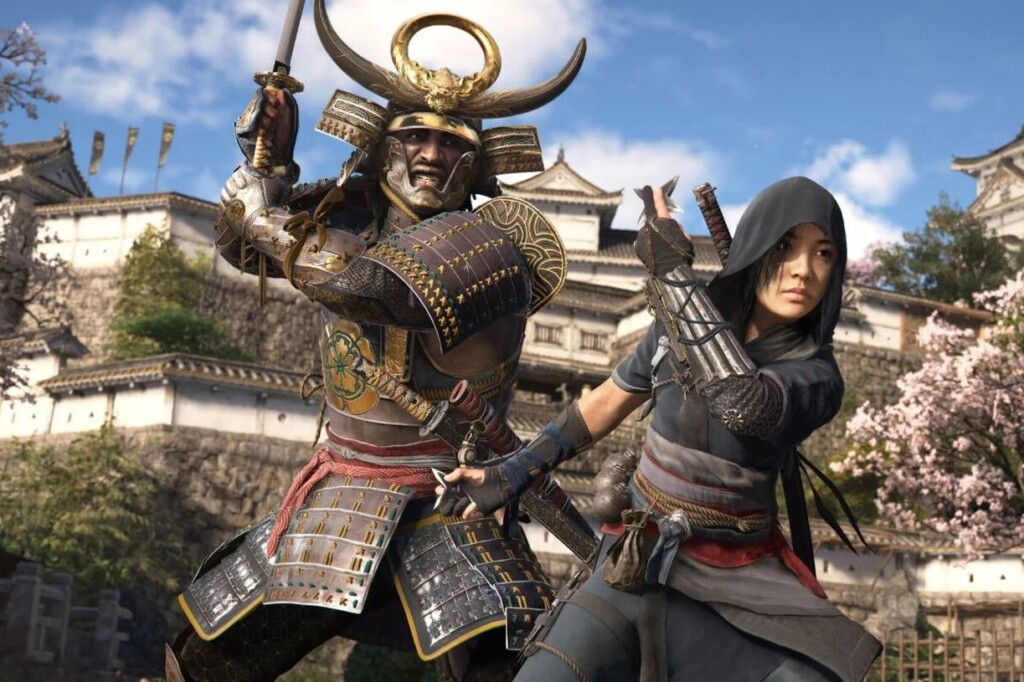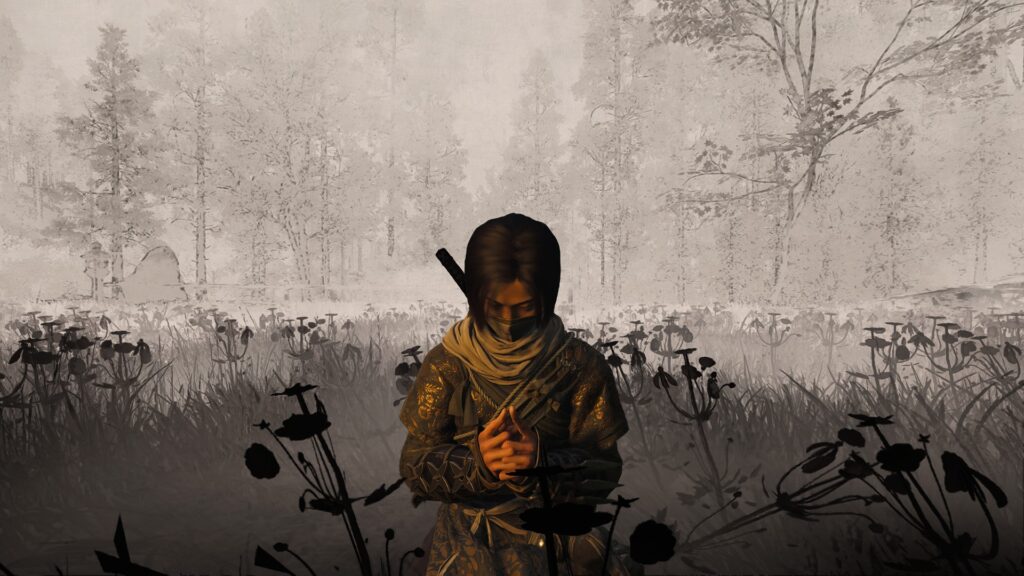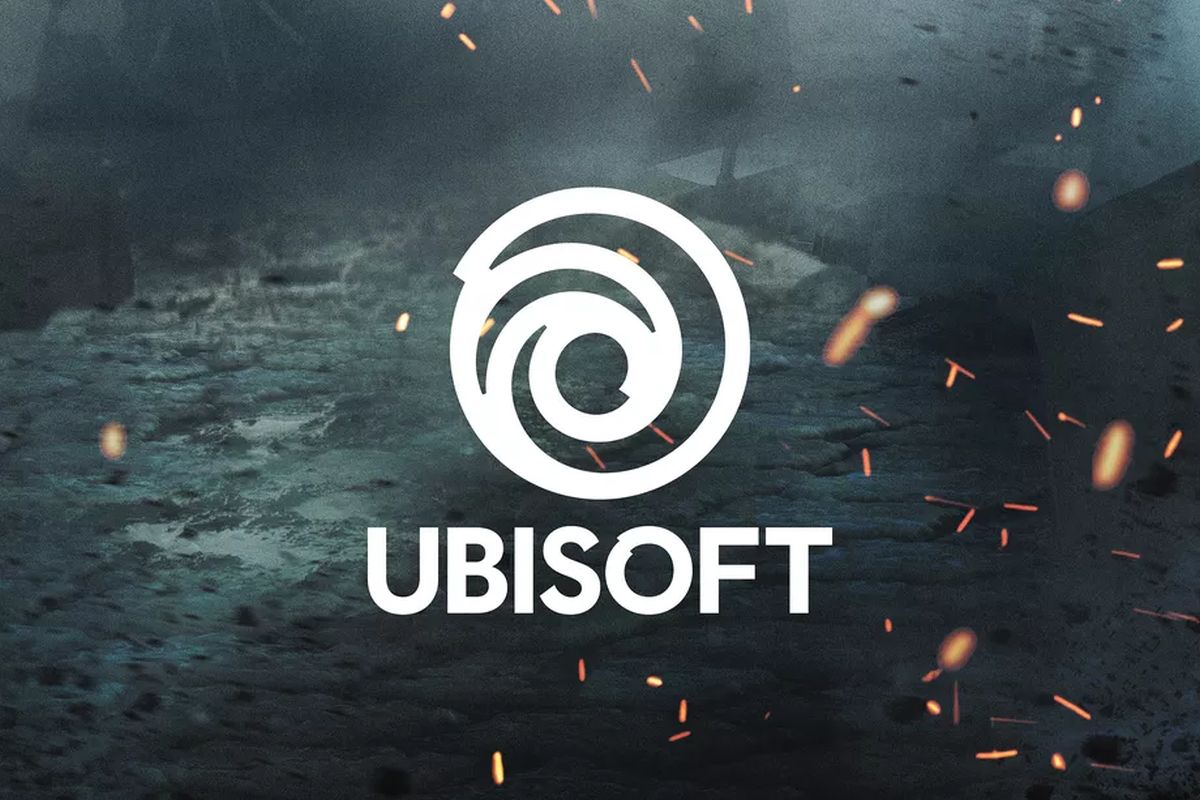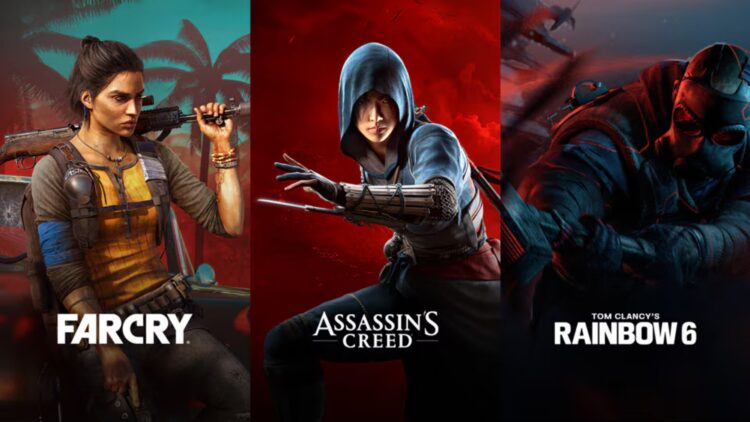Ubisoft has officially launched its new subsidiary company called Vantage Studios. The Tencent-backed “creative house” will now be overseeing its parent company’s largest franchises, such as Assassin’s Creed, Far Cry, and Rainbow Six, moving forward.
The new subsidiary is the result of a €1.16 billion (~RM5.73 billion) investment from Tencent, which was announced earlier in March. In exchange, the Chinese company will have a minority stake and, reportedly, an advisory role in Vantage Studios. As for Vantage Studios itself, Ubisoft has named Christophe Derennes and Charlie Guillemot as its co-CEOs.

Guillermot said that their focus as co-CEOs is that they want to evolve Ubisoft’s operating model and make it have more focus, autonomy, and accountability. This, in turn, will allow the company to stay “closely attuned to our players”. The co-CEO also added that, through this, “decision making will be quicker, and it will also be easier to pivot when we need to change course.”
This train of thought was further reinforced with Ubisoft’s recent announcement. The company said that this will “facilitate stronger and deeper connections between developers and players”, making it easier for the developers to gather and implement player feedback. The subsidiary will, naturally, have access to Ubisoft’s “expertise, services, tools, and tech”.

The Vantage team itself will be spread across Ubisoft various international offices based in Montréal, Quebec City, Sherbrooke, Saguenay, Barcelona and Sofia. According to GameIndustry.biz, the studio started operations today.
Notably, Ubisoft stated at the end of its announcement that it would have more “upcoming creative houses” in the future. Only time will tell what these houses will do to help the 39-year-old game publisher moving forward.

It goes without saying that Ubisoft needed this change of pace, following Assassin’s Creed Shadows’ delayed release and its subsequent tepid critical response. Having an outlet that is specifically designed to handle the company’s flagship titles might be what Ubisoft needed in order to explore more creative and experimental works in the future.
(Source: Ubisoft [1], [2], [3], Engadget, GamesIndustry.biz)


